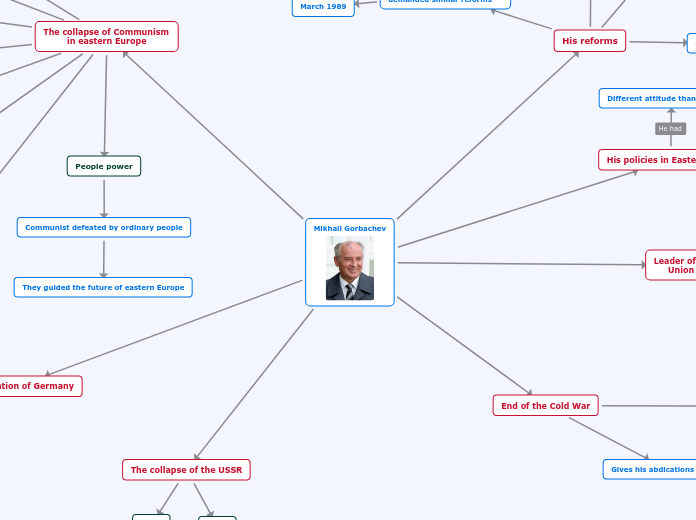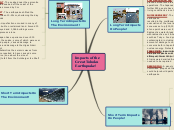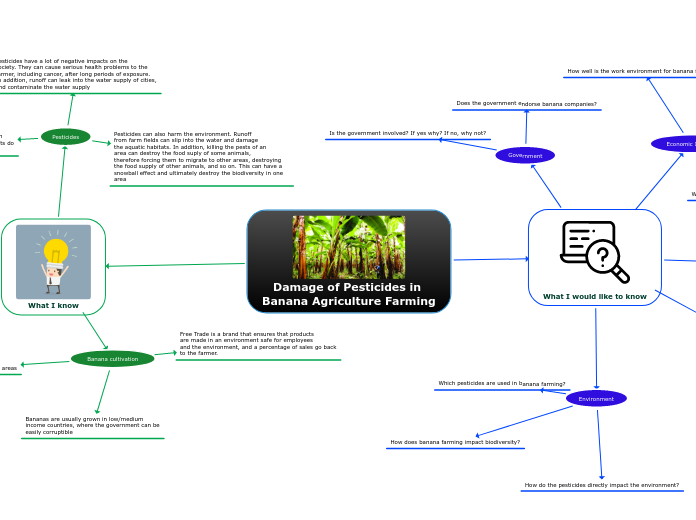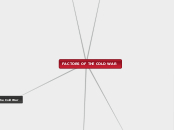A reformed Communist system would give people belief and pride
Reform Communism, not dismantle it
Mikhail Gorbachev
The collapse of the USSR
1991
April
The republic of Georgia declared its independence
August
Gorbachev struggling with the demand of the Communist party to stop dominating the USSR.
Members of the government wanted to take over
Attempted a coup
Sent troops to the streets of Moscow
Faced with a great opposition
Communist Party fails to save the USSR
Yestin as their leader
Held Gorbachev prisoner
December 25
Gorbachev announces his resignation
End of the USSR
1990
March
Lithuania and the Republic of Azerbaijan (soviet states) seeked independence
Gorbachev didn't agree
Sent troops to stop the rioting
May
New president in The Russia Republic, Boris Yeltsin
He believed that many states in the USSR should become independent
July
Many states declared their independence
Nobody knew what the USSR meant anymore
End of the Cold War
Gives his abdications speech
Deserved a stature in every East European country
Allowed their independence
Considered him a failure
Gorbachev wins a novel prize for ending the Cold war
Reunification of Germany
October 3, 1990
Germany became a united country again
Helmut Kohl,
West German Chancelor
Proposed a reunification of Germany
Both countries were excited
Gorbachev wasn't
After some months he accepted
New Germany joining NATO
The collapse of Communism in eastern Europe
People power
Communist defeated by ordinary people
They guided the future of eastern Europe
March 1990
Independence from the USSR in the Baltic republics
December
Demonstrations against Communism in Bulgaria
Communist Party turns into Socialist Party in Hungary
Free election in 1990
Revolution in Romania
Execution of Nicolae Ceaușescu
November
Czech governement opens borders to the West
Formation of other parties is allowed
East Germans, including guards march to the Berlin Wall
October
Soviet tanks won't move in to restore order
September
East germans on holidays refuse to go home
June
Free elections in Poland
First non-communist leader, Lech Walesa
May 1989
Dismantling of the fence between Hungary and Austria (non-communist)
His reforms
Eastern European countries demanded similar reforms
March 1989
Red Army wouldn’t interviene to impose communism in Eastern Europe
July 1988
Told the leaders of the Warsaw Pact
Withdraw Soviet troops, tanks and aircraft from Eastern Europe
Other reforms
His relation with President Reagan
Good relationship with the US President
USSR less threatened by the USA
Less control over Eastern Europe
International relations
New attitude
The only way for the USSR to succeed
International co-operation
Withdraw soviet troops from Afghanistan
Cut defence spending
Nuclear arms race was a drain to the economy
Stop spending so much money in the red army
Two main ideas
Perestroika
Allowed market forces to be in the USSR
Glasnost
Openness
Honesty when to facing problems
Open debate on government policy
Had to be careful
Faced great opposition within his own government
His policies in Easter Europe
Meeting with the Warsaw Pact leaders
Had two messages
"You have to reform"
Match Communism to capitalism
Communism could provide better resources
They needed to reform their own countries
"We won't intervene"
Countries in Easter Europe were responsible for their own fates
Warsaw pact leaders believed he was insane
Different attitude than Brezhnev
Leader of the Soviet Union in 1985
Realist
Could see that the USSR was in a bad state
Trapped in a war in Afghanistan they wouldn't win
Very weak economy
Spending too much money on the arms race
Optimist
Idealist
Communism made life better









